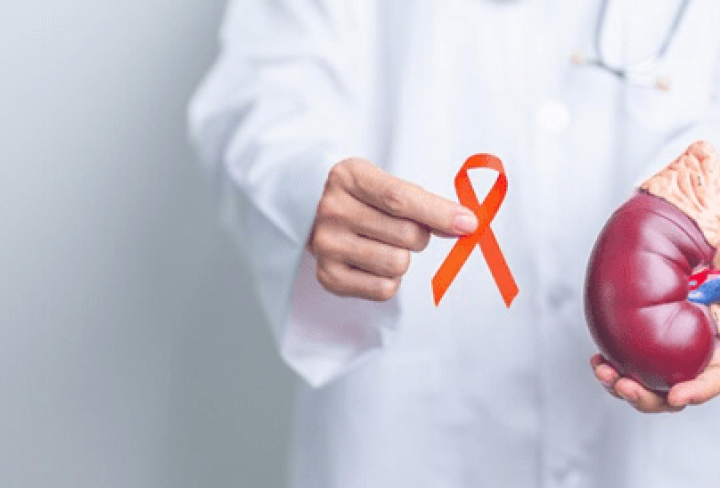Upper urinary tract urothelial cancer is a rare cancer affecting the lining of the kidney or ureter. It starts in transitional cells, which help store and pass urine.
“Is Upper Urinary Tract Urothelial Cancer Rare?
Yes, upper urinary tract urothelial cancer is considered rare, especially when it affects the ureter. While it can occur in both the kidney and ureter, bladder cancer is far more common. Even though it’s rare, it’s important to be aware of symptoms like blood in your urine and side pain. If caught early, the chances of successful treatment are much higher, so always consult your doctor if you experience unusual symptoms.
What are the symptoms of urothelial cancer?
Common Symptoms of Urothelial Cancer
- Blood in your urine (even a small amount)
- Pain or discomfort in your side or lower back
- Frequent or painful urination
- Feeling the need to urinate more often
- Unexplained weight loss or fatigue
If you notice any of these symptoms, book an appointment with your for further evaluation
How is Urothelial Cancer Diagnosed?
To find out if you have upper urinary tract urothelial cancer, your doctor may do the following tests:
- Urine Test: Checks your urine for blood or cancer cells.
- Blood Tests: Looks at your overall health and how well your kidneys are working.
- CT Urogram A special type of scan with dye to get a clear picture of your urinary system and check for tumours.
- Cystoscopy/Ureteroscopy: A thin tube with a camera is used to look inside your bladder, ureter, or kidney. A small sample (biopsy) might be taken to test for cancer.
- Urine Cytology: Your urine is checked under a microscope to see if cancer cells are present.
“What Increases Your Risk of Urothelial Cancer?”
Risks and Causes of Urothelial Cancer
Upper urinary tract urothelial cancer is more common in older adults and is diagnosed more often in men than in women.
Here are some factors that increase your risk:
- Chronic Bladder Irritation: Repeated urinary infections, use of catheters, or bladder stones.
- Previous Bladder Cancer: A history of bladder cancer raises the chances of developing urothelial cancer.
- Age: More common in people over 50.
- Smoking: The leading cause, significantly increasing the risk.
- Exposure to Certain Chemicals: Long-term contact with industrial chemicals like those used in dyes, rubber, leather, and textiles.
What are the treatment options for Urothelial cancer?
The primary treatment options are chemotherapy and immunotherapy. These therapies aim to slow the growth of the cancer, manage symptoms, and improve quality of life.

